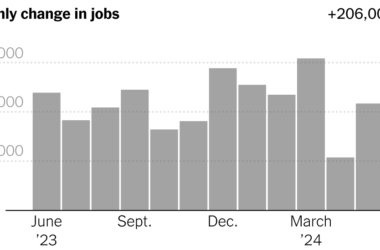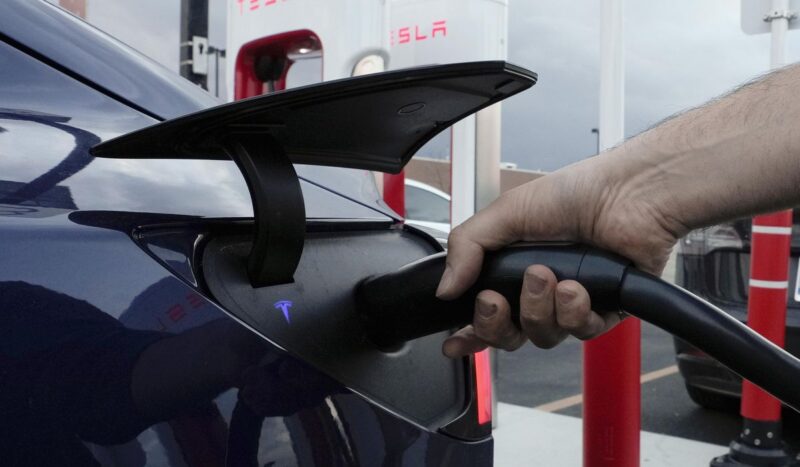New Jersey has announced a plan to ban the sales of new gas-powered cars in an effort to combat climate change. The state’s Department of Environmental Protection has officially adopted a rule that will require automakers to transition to zero-emission fleets by 2035.
According to Governor Phil Murphy, this directive aims to “preserve consumer choice and promote affordability” by making a wider variety of electric vehicles available, especially when combined with the incentives provided by the Biden administration.
While drivers will still be allowed to operate gas-powered vehicles and purchase used models, new gas-powered cars will no longer be available for purchase in New Jersey starting in 2035.
Mr. Murphy stated, “The steps we take today to lower emissions will improve air quality and mitigate climate impacts for generations to come, all while increasing access to cleaner car choices.”
However, the New Jersey Business and Industry Association, which opposed the so-called Advanced Clean Cars II rule, argues that it “ignores consumer choice” and will “ultimately mandate what type of car residents can drive — and in some cases, if they can afford to drive.”
New Jersey is one of at least 10 states, including California, Connecticut, Massachusetts, Maryland, New York, Oregon, Rhode Island, Vermont, Virginia, and Washington, that have enacted a rule to ban gas-powered car sales by 2035. California was the first state to adopt such a rule, doing so in 2022.
The transportation sector is a major focus of clean energy advocates, as it is the largest emitter of carbon dioxide, accounting for 30% of total U.S. emissions last year, according to the Energy Information Administration.
New Jersey’s rule will require at least 43% of auto manufacturers’ fleets to be zero-emission vehicles by 2027, increasing to 100% by 2035. Meanwhile, the Biden administration is proposing a federal tailpipe emissions rule that would mandate two-thirds of automakers’ sales to be electric vehicles by 2032.
Industry analysts have expressed skepticism about the ambitious timetables, warning that factors such as prices and the availability of EV chargers could hinder the achievement of zero-emission goals. Current sales of new EVs are significantly below the federal government’s potential market share target of 67% by 2032.
Despite these challenges, the share of new auto sales accounted for by EVs has been increasing, reaching 7.9% in the third quarter of this year, up from 6.1% in the same period last year, according to Cox Automotive.
An ongoing lack of public EV charging stations is cited as a major obstacle to the industry’s growth, with analysts highlighting the need for infrastructure development.
The Inflation Reduction Act proposed by Democrats offers tax credits of up to $7,500 for new EVs, which can help offset their higher sticker prices compared to gas-powered equivalents.
Environmental groups argue that EV mandates will drive investment in the technology, leading to reduced car prices and highlighting the cost savings for consumers from not having to purchase gas.
Rep. Frank Pallone Jr., a New Jersey Democrat and ranking member of the House Energy and Commerce Committee, believes that his state’s action “will accelerate the process of transforming our transportation sector for the benefit of public health and the environment.”








